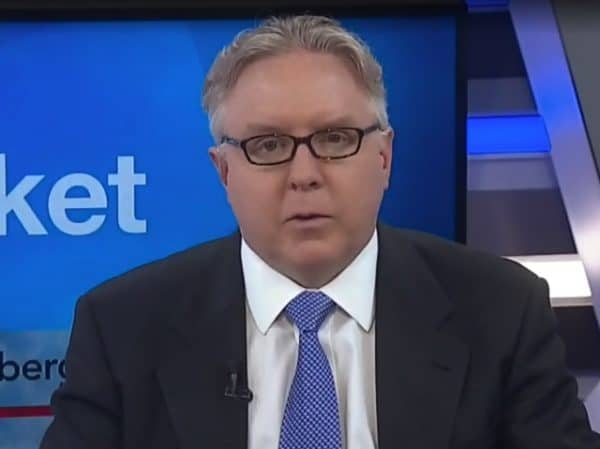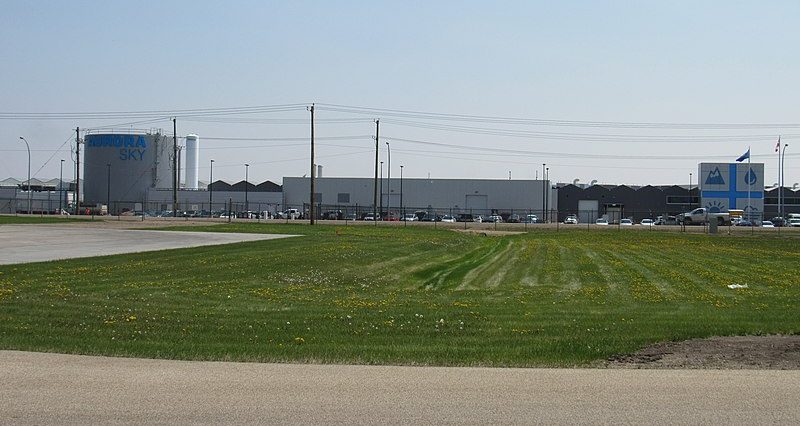

Curry, president and portfolio manager at Davis Rea, warns that a drought of injectable capital will likely hobble the sector for many years to come.
Aurora’s share price is up this week following news that the company’s Aurora River facility in Bradford, Ontario, had received European Union Good Manufacturing Practice (GMP) certification, adding to two other production sites in Canada that have the GMP certification. At the same time, the licensed producer said that it has gained approval from German regulators to sell its medical cannabis products, a nice about-face from last quarter’s news of a temporary suspension of sales license for Germany due to alleged
unlicensed activities at one of its facilities.
ACB is currently up eight per cent for the week, a welcome change from the long downtrend that stretched back to March of last year and saw the stock lose 80 per cent of its value.
Like many names in cannabis, Aurora felt the sting of a more discerning market over 2019, where pot stocks across the board fell hard in response to increasing costs, a slow rollout of retail in many provinces and a general sense that expectations of cannabis soon rivaling alcohol in the recreational substances category were more hype than reality.
But Aurora’s troubles are industry-wide, said Curry, who thinks cannabis should be a no-go zone for investors, for a number of reasons.
“Our investment view of the cannabis space is overall fairly negative. We think it’s a very tough market,” said Curry on BNN Bloomberg on Wednesday. “First off, the demand expected for cannabis use upon legalization was far too high. That got a lot of expectations too far out of the gate.”
“These companies —and I would say Aurora is one of the bigger ones— are spending a lot of money and I think it’s going to be difficult for them to raise additional funds and to be able to deploy them in the time space that the market for cannabis and cannabis use in Canada will need to become a real, viable market,” Curry said.
“I think in 20 years it will be a very similar situation to the alcohol industry here —not a lot of second thought but not a huge amount of growth, a steady-as-she-goes approach— but there’s a lot of uncertainty between now and then. There’s the black market which is still cheaper than the regulated pricing,” he says. “Overall, I would say I would not be investing new money in this space.”
A number of the bigger names have made moves in recent months to trim costs, including Aurora, which in November said it was putting on hold expansion plans for a southern Alberta production facility as well as one scheduled for Denmark. According to a recent report, Aurora is also planning on laying off about ten per cent of its workforce in an aim to cut down on losses.
“One of the handcuffs on these companies in the legalized space is the inability right now to create a brand, Curry added. “I think a lot of the positive potential is in brand marketing and right now the law is preventing that, so until those laws get lifted and brands are able to be created there’s not a lot of differentiation between the products and I think it’s going to be a tough market for a lot of these companies going forward.”
Leave a Reply
You must be logged in to post a comment.






 Share
Share Tweet
Tweet Share
Share




Comment